A key fob may be the answer for malls to win back the trade usurped by Amazon.
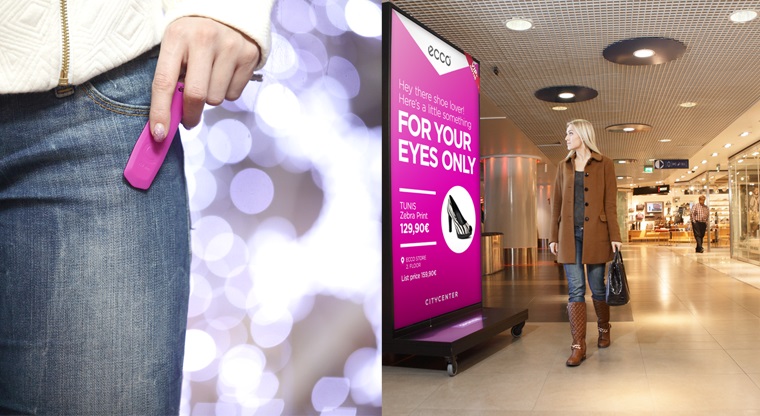
During last fall, a Helsinki mall offered targeted deals to shoppers who agreed to carry a key fob with them. Around 14000 consumers tried the device called a ‘Physical Cookie’. The shoppers who used the Physical Cookies were offered specific deals on electric signs placed in stores and within the mall.
Physical Cookies work in the same way online stores operate. They complete a study of the preferences of the shopper and tailor messages and deals based on that information. However, instead of logging the history of the user, the Physical Cookie observes the time the shopper spends while in the mall.
Sponda, the property investor, worked alongside TBWA\Helsinki, an ad agency, to design the plastic devices. It fits into an individual’s pocket and does not need registration or the sharing of any personal information.
After the initial four-month trial, Sponda issued reports stating that consumers using Physical Cookies spent around 21.7% more time inside stores than shoppers who did not make use of the device. They also reported that the device was able to ‘prompt’ around 14.5% more customers to go to the second floor of the mall, from the ground floor, by using electronic messaging systems.
These devices, which cost around $0.17 each, can provide retailers with real-time figures that will aid them in an optimization of their floor space and to determine which displays receive the most attention.
Similar technology is available on smartphones, such as the iBeacon on the iPhone. The Creative Director of TBWA\Helsinki, Theodor Arhio, believes that consumers will tire of iBeacon, once the novelty wears off.
He said many stores are installing iBeacons that ping a customer’s smart phone with an offer or an advertisement as they walk past a particular shelf. He added that if this functionality remains turned on, the user will be spammed with messages. Physical Cookie will not spam the consumer with messages, but instead reacts to the customer’s behavior.
Regardless of the hype of these electronic devices, iBeacon and Physical Cookie are not likely to reverse the decline in retail traffic observed over the past few years. According to ShopperTrak, retailers experienced half the amount of holiday traffic during 2013, compared to 2010.
Shopping centers have mostly experienced a decline in shoppers as they opt for Amazon and other online retailers. This does not apply to all retailers though. Fidelity reported last year that stores are selling healthy and organic items, fast casual restaurants and warehouse clubs, are still thriving.
12 MARCH 2015, USA

 Boohoo expands online presence with new marketplace for fashion
Boohoo expands online presence with new marketplace for fashion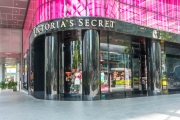 Victoria's Secret expands presence in Melbourne
Victoria's Secret expands presence in Melbourne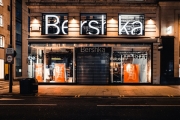 Inditex's Bershka set to enter indian market with Mumbai store
Inditex's Bershka set to enter indian market with Mumbai store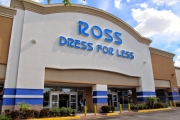 Ross stores expands across the U.S. with 24 new locations
Ross stores expands across the U.S. with 24 new locations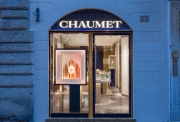 Chaumet opens doors to debut boutique in Italy
Chaumet opens doors to debut boutique in Italy Birkenstock is launching first store in France
Birkenstock is launching first store in France Salomon elevates brand presence with new Paris flagships
Salomon elevates brand presence with new Paris flagships  Amiri expands presence in California
Amiri expands presence in California  Crocs expands its presence in India with Apparel Group
Crocs expands its presence in India with Apparel Group  Best Buy Canada to expand presence with 167 small-format locations
Best Buy Canada to expand presence with 167 small-format locations  Arket expands into Italy with Milan flagship
Arket expands into Italy with Milan flagship